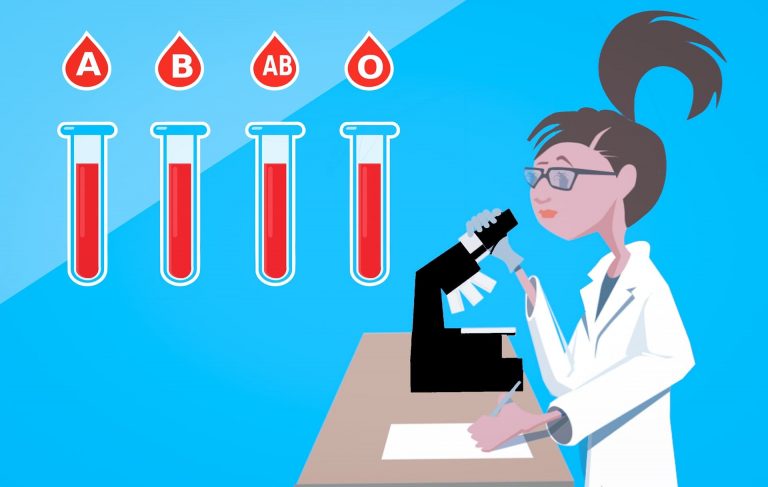Last Updated on March 13, 2024 by admin
Hepatitis is an inflammation of the liver, which can occur due to various reasons. The most common cause for it is viruses. There are five kinds of viruses that can cause hepatitis, named Hepatitis A, B, C, D, and E. The infection caused by hepatitis B is known as the hepatitis B virus. Vaccination can help prevent it. For some people, it occurs for a short time and goes away on its own, and does not require treatment. Your body produces antibodies against it and saves it for a lifetime. But if it occurs at the time of birth, it may not go away on its own.
Hepatitis B can cause jaundice, fatigue, and pruritus. Moreover, if it becomes severe, it can also cause liver failure and cirrhosis that can become life-threatening. It spreads through open cuts and wounds, direct exposure to blood or bodily fluids of an infected person. If anyone is having a complaint of vomiting and fatigue, you must visit the best doctor in Lahore.
Table of Contents
Symptoms
The signs and symptoms of hepatitis B viral infection may not be apparent for some time. However the most common of them are;
fatigue
dark yellow urine
joint and muscle pain
loss of appetite
indigestion
fever
abdominal discomfort
weakness
yellowing of the whites of the eyes (sclera)
yellowing of the skin (jaundice)
pruritis
nausea
vomiting
light yellow colored stool
The symptoms of hepatitis B infection do not show up until approximately 6 months. You may not know about it and you may be infected. However, it can be detected through a blood test at this stage.
Causes and risk factors
The exact cause of hepatitis B infection is the hepatitis B virus. You can get it in various ways and can even spread it at the time you do not know about it or have any symptoms.
The common ways through which you can get hepatitis B are;
Read More: Viruses and their effects on human life
Sex
One can get a hepatitis B infection by having unprotected sex with an infected person. It can spread if semen, vaginal fluid, blood, or other bodily secretions enter your body.
Sharing needles
One of the most common routes of hepatitis B virus spread is sharing of contaminated needles. Every needle should be used once, even if it has to be used for the same person. Therefore, make sure you do not share needles with anyone else. It should be readily disposed of after usage.
Mother to child
A pregnant mother having hepatitis B can transmit it to her child during childbirth. However, it can be prevented through vaccines.
Sharing personal items
Sharing each other’s personal items like razors or toothbrushes can transmit the virus from the infected person to the healthy one.
Transmittance
Hepatitis B transmits through bodily fluids, therefore, it can spread through open cuts and wounds, direct exposure to blood or bodily fluids of an infected person. It can spread if semen, vaginal fluid, blood, or other bodily secretions enter your body. Therefore, have protected sex if your partner has hepatitis B. It does not spread through kissing, sharing utensils, coughing, or sneezing. But make sure you do not share personal items with anyone, like toothbrushes and razors. The infected persons can even transmit it to others when they have no signs and symptoms of the infection.
Prevention
To prevent hepatitis B, people should get vaccinated against it. The series of hepatitis B vaccination is completed in three times. The following population should get vaccinated against it.
Young ones, at the time of birth
Children and adults whom vaccination was not done at the time of birth
Adults having sexually transmitted diseases
People living in close settings
People who are at risk of getting in contact with blood
HIV-positive people
Homosexual men
People having sex with multiple partners
IV drug abusers
Family members of the person having hepatitis B
People having chronic diseases
People who are traveling to areas with high rates of hepatitis B



